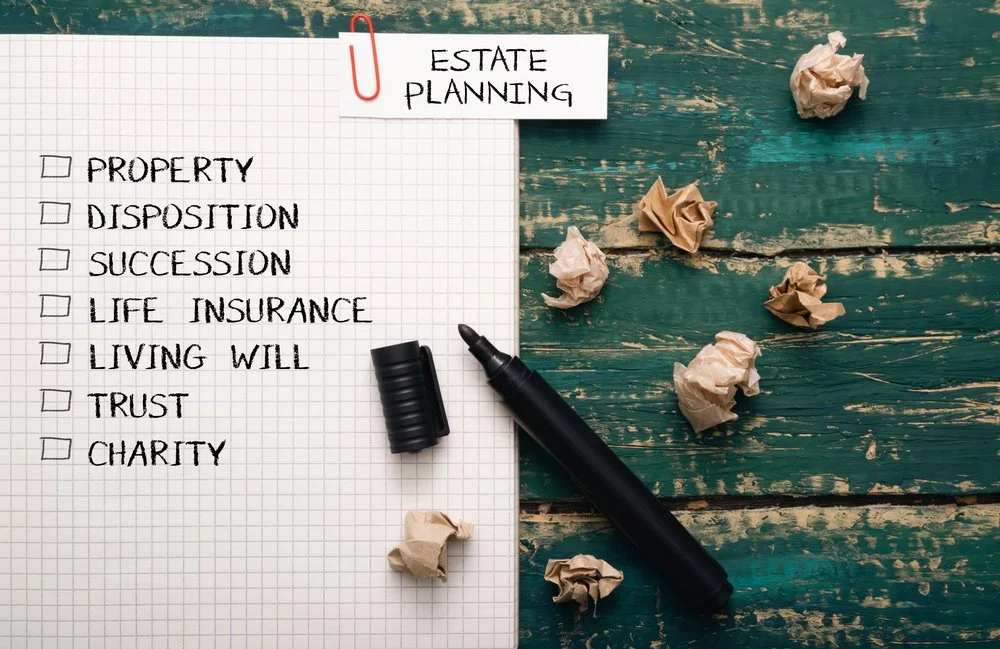What Happens to My Will When I Pass Away?
It’s a common question: what actually happens to my Will when I’m gone?
In New Zealand, having a valid Will is one of the most important ways to make sure your wishes are respected and your loved ones are supported. But what does the process look like once you pass away? The process is individual to each situation and is based on the complexity of an individual estate. The below steps are an example of what may happen in general with handling an estate.
1. Locating the Will
The first step is finding the most recent version of your original hardcopy signed Will. This could be with your lawyer, in a safe place at home or stored with an online Will provider like Footprint. Once it’s located, the person you named as your executor steps in.
2. The Role of the Executor
An executor is the person (or people) responsible for managing your estate. They’ll look after your assets, pay off debts and make sure everything is distributed according to your instructions. Because it’s a big responsibility, some people choose more than one executor or appoint a professional for extra support.
3. Applying for Probate
If the estate is worth more than a certain amount (currently $15,000, rising to $40,000 from 24 September 2025), the executor usually needs to apply to the High Court for probate. This is the Court’s way of confirming your Will is valid and giving the executor authority to act. Without probate, banks and other organisations might not release funds or transfer assets.
4. Gathering and Managing Assets
Once probate is granted (if it’s needed), the executor can start pulling everything together: bank accounts, KiwiSaver, property, vehicles, shares, life insurance and even smaller things like subscriptions or personal belongings. They may also secure your home or property to keep everything safe while things are sorted.
5. Paying Debts and Expenses
Before your beneficiaries receive anything, the estate first covers costs such as funeral expenses, outstanding bills and taxes. This step makes sure everything is settled properly and fairly.
6. Distributing the Estate
After debts are paid, the executor can carry out your wishes, whether that’s selling a property, transferring funds, or passing on special items to friends, family, or charities. If the Will is clear and up to date, this stage tends to run more smoothly.
7. Final Steps
Once everything is distributed, the executor prepares final accounts and may need to submit tax details to Inland Revenue. After this, the estate is officially “closed” and their role comes to an end.
A Thoughtful Process
Administering an estate can take several months, sometimes longer, but having a clear and valid Will makes a world of difference. It helps reduce stress, minimise conflict and ensures your wishes are honoured, leaving your loved ones with clarity at a time they need it most.

